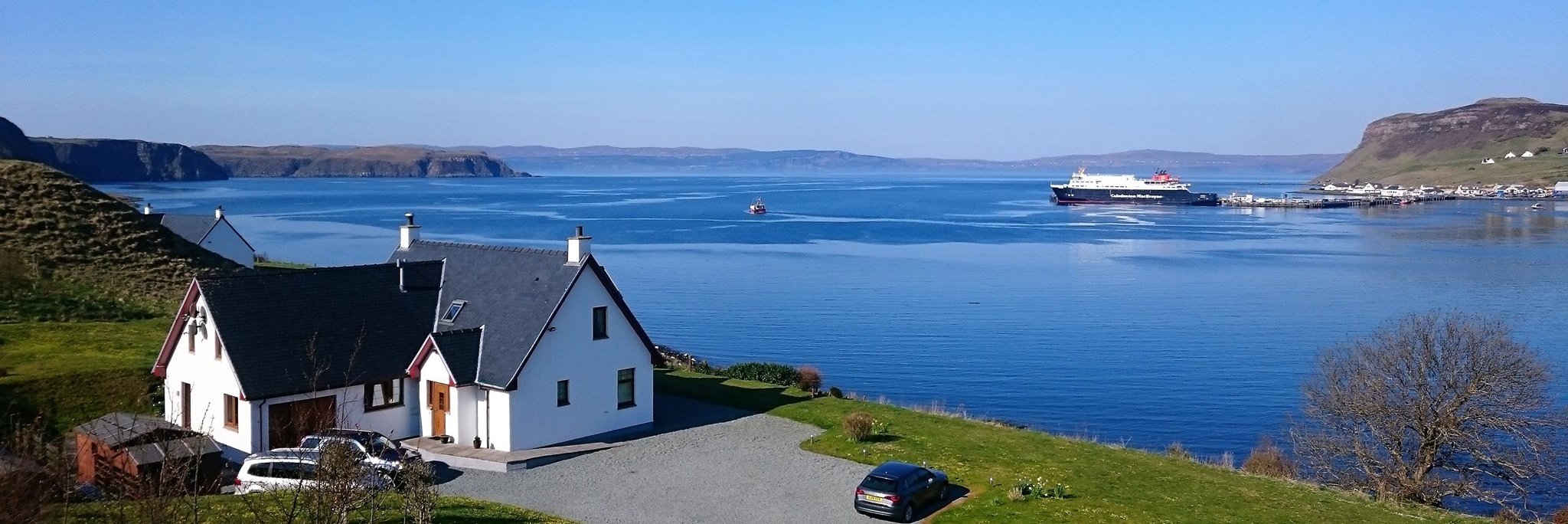Scotland's Best B&Bs
Here are some tips to help you on your way.
You have made plans to visit Scotland where your ancestors were born. You are curious to learn about their lives in bygone days – perhaps find the house they lived in, learn how they earned their bread and butter, or discover and meet some hitherto unknown living relatives. Where does your journey begin? It begins before you set off from home.
Speak to your family – parents, grandparents, aunts, uncles to glean as much information as you can. Some of them will remember a generation further back and might be able to tell you of a place in Scotland where their parents or grandparents lived. Armed with this information, your next step is to consult www.scotlandspeople.gov .where you can research online for birth, marriage and death certificates. Scottish records are very full and give a wealth of information beyond the expected e.g. a marriage certificate gives ages of the bride and groom, occupations, addresses, parents’ names and occupations and will be signed by witnesses who are often related to the bride and groom. Make a little tree with this knowledge and bring it with you either on paper or electronically.
If you speak to your hosts when you book, they may be able to help with your research ready for when you arrive
Next find a B&B and let the hosts know that you are researching your family history. Tell them what you know and they will then advise you how to proceed.
The Visit Scotland 'Ancestral Welcome' symbol indicates your hosts have a special interest in family history and can help you to decipher difficult to read certificates as well as direct you to graveyards where your ancestors are buried.
Your hosts themselves will be interested in your research and often have old maps and books of the area. Sometimes they can often put you in touch with former guests who are searching for the same families.
Call into the local history society whose members are very willing to answer any questions you have. Their vast knowledge of everything related to the area goes beyond anything you can read in books. The society may have on film old Parish Registers containing church records of Births, Marriages and Deaths from before 1855 along with census records up to 1901. Some of the church birth records give names and relationships of the person the child is named after. You can have access to ancestor charts submitted by members. You may also find local directories where you can find addresses and occupations from years gone by.
The local library often has historic photographs of the area and they may have access to old newspapers.
The local archivist’s office holds more general papers – perhaps the maritime history of a city – ships’ logs for instance or school records.
As nearly every town has an archivist, a local history department in the library and often a local family history centre, the best way to find them is to search online for name of town + service you are seeking.
Enjoy your journey walking in the footsteps of your ancestors.
Sign up to Scotland's Best B&Bs Newsletter to receive our Latest Offers and Packages.

Please feel free to share the content of this page with your friends – simply click on where you would like to share it.